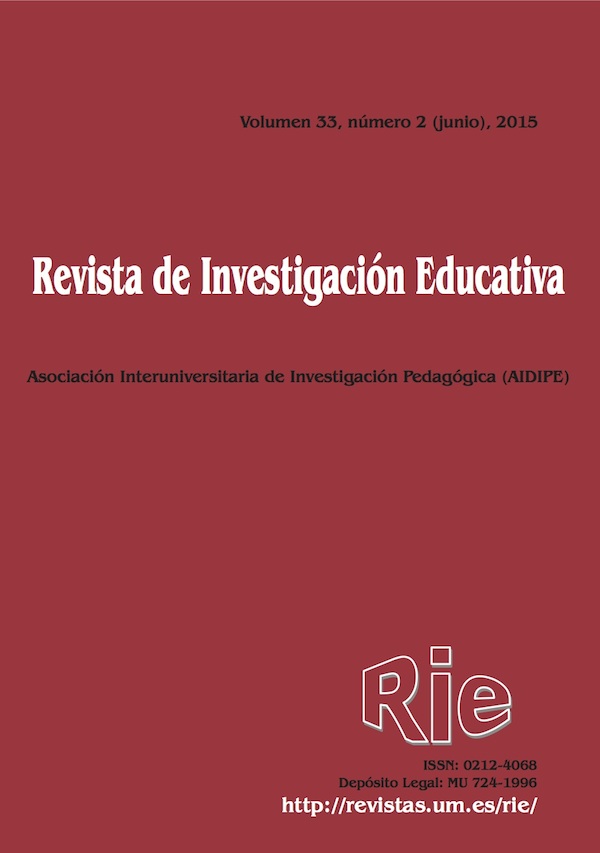Values in the degree of Business Administration and Management: an analysis of its importance for students and graduates
Abstract
Training in values in higher education is an issue which concerns academics and international organizations due to its impact on the transformation of society and on sustainable development. The aim of this research is to identify the opinion of students and graduates on the importance of values in their curriculum development and analyze differences by academic year and sex. For this purpose a survey was conducted following the methodology of Prat and Doval (2005). The population is made up of first-year college students (freshmen) and last-year college students (senior); as well as graduates of the Faculty of Economics and Business Administration (ETEA - Universidad Loyola Andalucía). A non-probability sampling technique called causal sampling was used.
The results of the descriptive and factorial analysis carried out allowed us to identify consolidated values and other values that should be considered to start new training initiatives. Another important conclusion is that it is also essential to involve companies; professors and students in the development of these new training initiatives.Downloads
-
Abstract1090
-
PDF (Español (España))1391
The articles and scientific documents published in RIE abide the following conditions:
1. The Servicio de Publicaciones de la Universidad de Murcia (the publisher) has the property rights (copyright) of all the documents published and allows the reuse under the user’s license indicated in point 2.
2. All documents are published in the digital edition of RIE under a Creative Commons Reconocimiento-NoComercial-SinObraDerivada 4.0 Internacional. (legal document) license. These documents can be copied, used, distributed, communicated and explained publicly if: i) the author(s) and its original source of publishing (magazine, publisher and URL of the document) are cited; ii) it is not used for commercial purpose; iii) the existence and the specifications about this license are mentioned.
3. Auto-archive’s conditions. The authors are allowed and encouraged to digitally distribute the pre-print versions (a version before evaluation) and/or post-print (a version that it is already evaluated and accepted to its publication). This promotes circulation and distribution earlier and can increase the citations and significance within the academic community.









